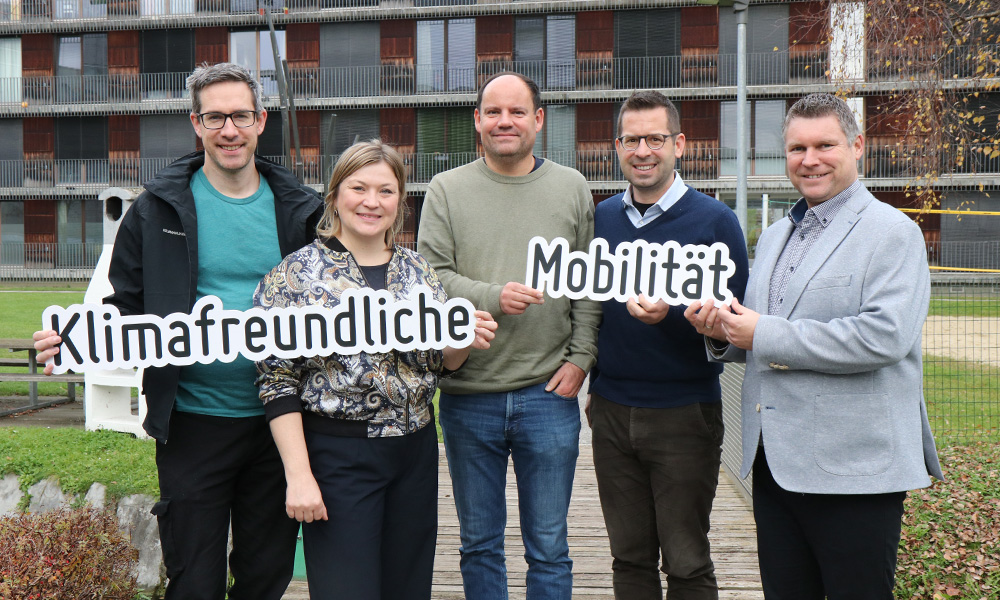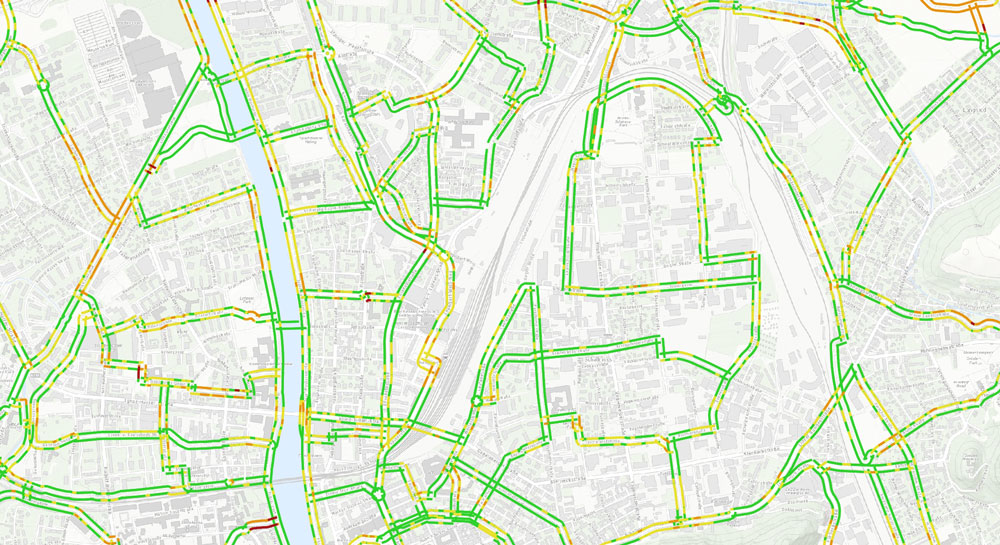Salzburg Research places Emphasis on Open Source Communities
Open Source is highly dependent on so-called communities which support and develop the project resp. the code further.
„KiWi“ (2008-2011), a semantic wiki for knowledge management, systematically invested in the build-up of a community: Version 1.0 was presented at the KiWi Release Party in October 2010, in February 2011 several developers met in the Austrian Alps for the KiWi Snow Camp: two days coding, one day skiing. The KiWi components are an integral part of several following projects.
„IKS – Interactive Knowledge Stack“ (2009-2012) enhances content management systems with semantic technologies and invests from the beginning in building an open source community: The project involves individuals from existing open source development communities to take part in the specification, design and implementation of the Interactive Knowledge Stack. In February the second IKS Semantic Interaction Hackathon took place in Vienna. 30 renowned open source developers from all over the world were participating.
IKS pays attention to keep the modules as generic as possible. Existing technology should not be replaced, but enriched by innovative IKS components. Some components around „Semantic Enhancement“ were accepted as an incubation project under the name „STANBOL“ by the renown open source platform Apache.
Both projects are coordinated by Salzburg Research and co-funded in the 7. Framework Programme of the European Union.
Open Source is both giving and taking: With successful open source projects we achieve sustainability for our project results: the code lives on and will be adapted to several user needs. A considerable part of Salzburg Research’s projects are supported by government subsidies – with open source we return some of our research results to the general public.







